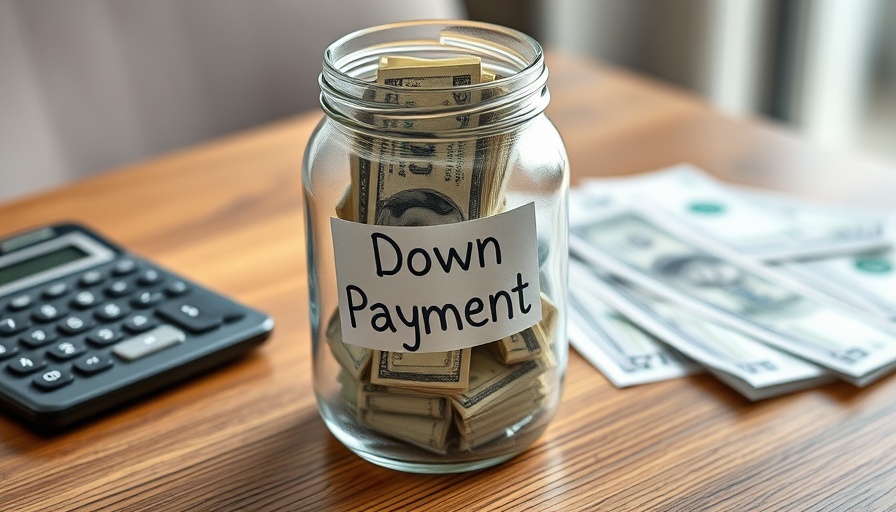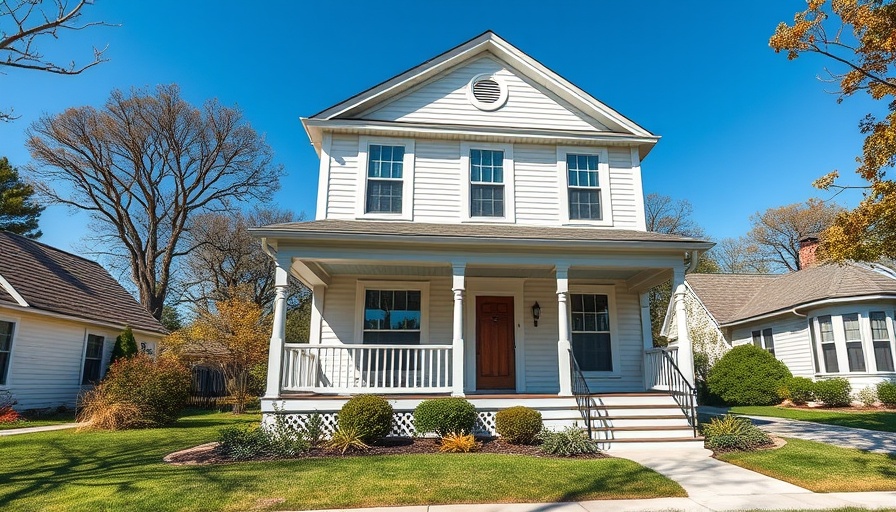
Understanding Your Garbage Disposal: Common Issues Explained
Garbage disposals are a staple in modern kitchens, providing convenience in food waste management. However, when they malfunction, they can quickly become a source of frustration. Whether you're experiencing a humming sound, silence, or an unpleasant odor, understanding these issues can empower you to take action before consulting a professional.
Power Source Problems: Your First Step in Troubleshooting
When your garbage disposal isn’t turning on, the first step is checking the power source. This includes inspecting the outlet, ensuring the unit is plugged in, and pressing the reset button usually found on the bottom of the unit. It's often these minor fixes that help restore functionality. If an outlet seems unresponsive, try resetting your circuit breaker. Many times, a simple power outage or overload is the root of the problem.
Common Sounds: Humming vs. Silence
The sounds emitted by your disposal can guide you in diagnosing the issue. A humming noise typically indicates that the motor is receiving power, but the blades may be jammed. Items such as potato peels or silverware are often culprits. If your disposal is silent, it may not be receiving power, prompting you to check connections and the reset button. In either case, prompt attention can help prevent further damage.
Routine Maintenance: Prolonging the Life of Your Garbage Disposal
To avoid these problems in the first place, routine maintenance is key. Flushing your disposal monthly with a mixture of baking soda and vinegar keeps odors at bay while ensuring the blades remain clear of minor clogs. Additionally, avoiding fibrous materials can prevent jams that lead to mechanical failures.
When to Call a Professional
If you attempt these solutions and the disposal remains unresponsive, it may be time to consult a plumbing professional. Persistent issues or strange noises can indicate underlying electrical problems or a failing unit that requires replacement. Professional assessment can help you avoid mishaps and identify whether a repair or a new purchase is warranted.
Take Control: Empower Yourself with Knowledge
Understanding the basics of garbage disposal maintenance can save homeowners time, money, and unnecessary aggravation. Remember to regularly check your appliance and equip yourself with troubleshooting tips to enhance the longevity of your kitchen workhorse.
For comprehensive insights into home maintenance and improvement, don’t hesitate to explore available resources or consult professionals to get your home’s appliances in top shape. Taking proactive steps in these small household matters can lead to significant savings and a smoother home experience.
 Add Row
Add Row  Add
Add 




Write A Comment